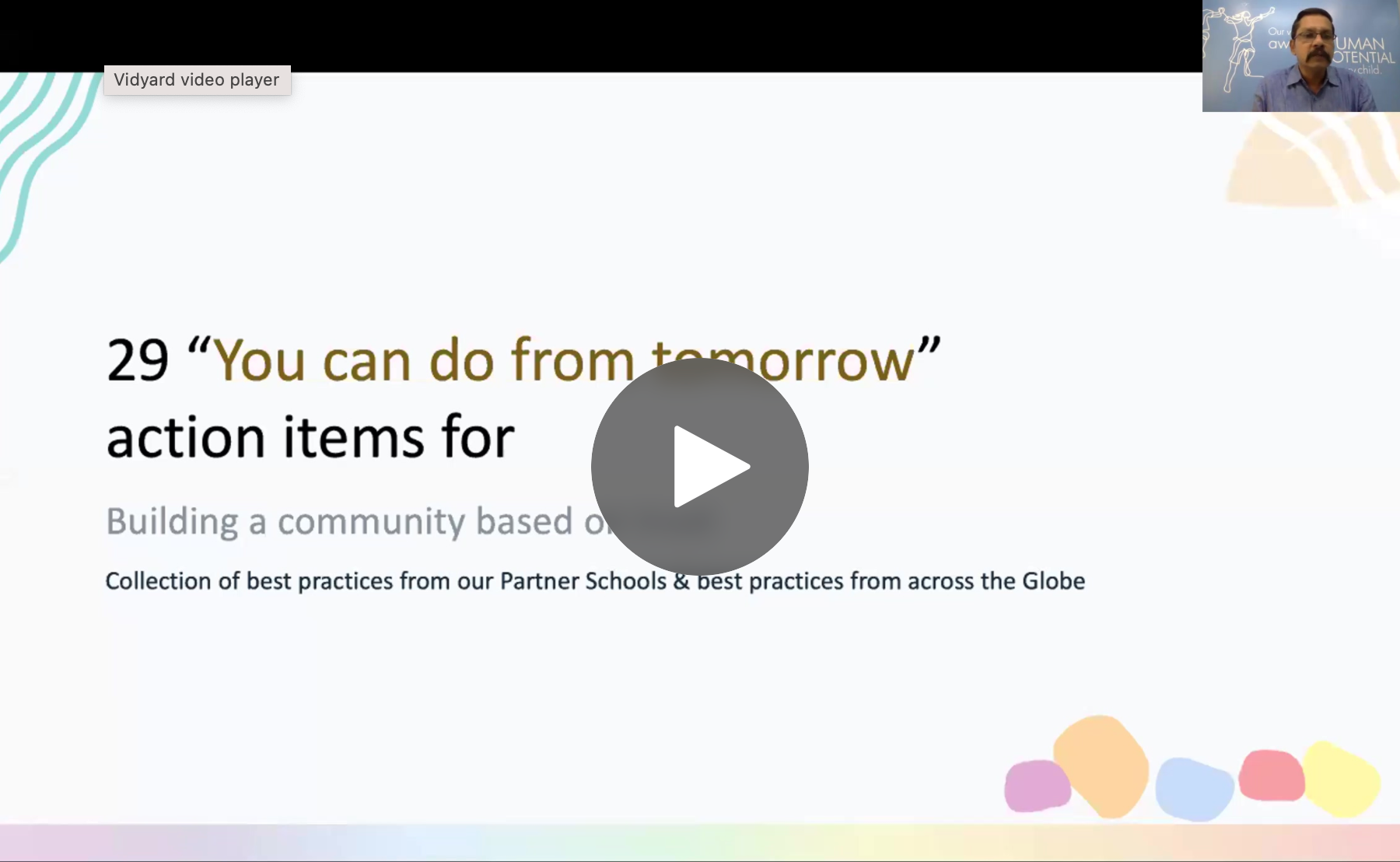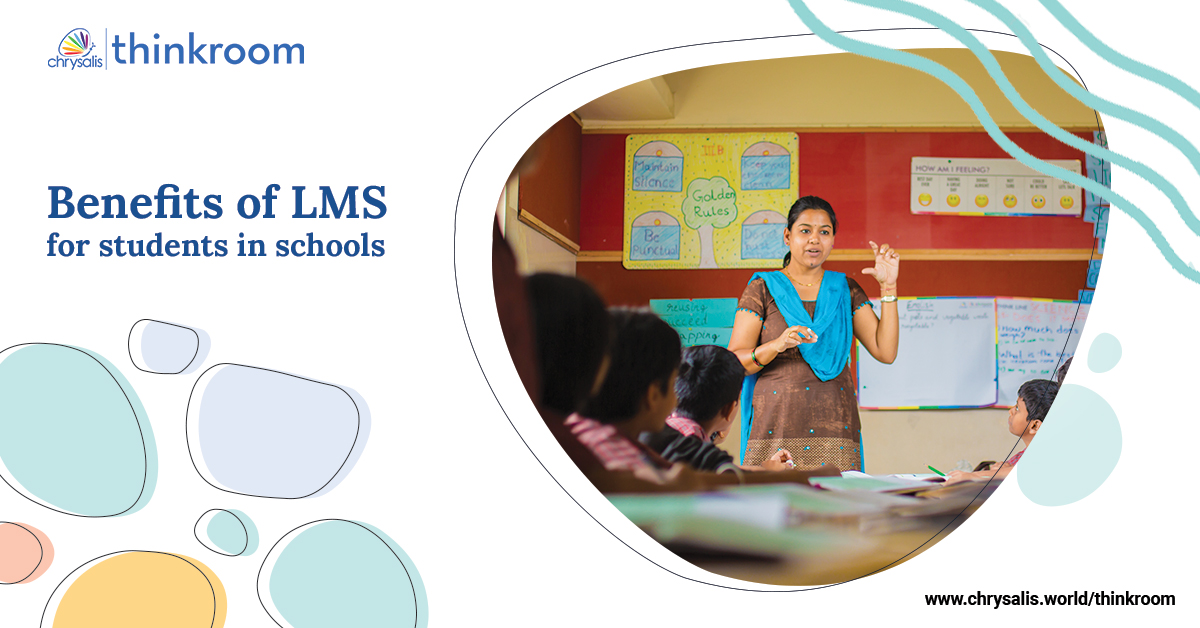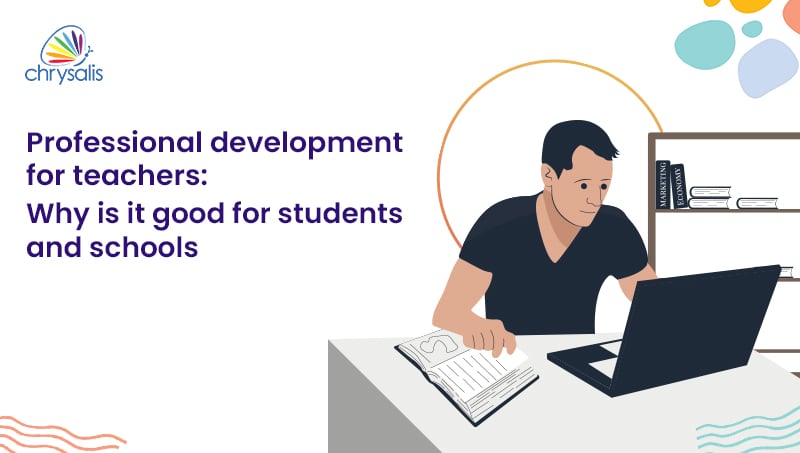Building a community based on trust is making a foundation where parents can rely on the system, effectively communicate with each other and the school, and encourage a better learning environment.
What is a community, and how can we build a community-driven by mutual trust?
A community is a group of people who have similar interests and beliefs in a system. When it is about building a community driven by mutual trust in the school or system or organization, it is a collective approach that starts at the school.
Chrysalis is an organization that helps build an education system driven by trust in the community. Our purpose is to awaken the human potential in every child. While our purpose is timeless, we use different means to achieve this purpose. We do this through our values:
- Genuineness
- Compassion
- Excellence
- Courage
- Joyfulness
We have discussed how you can create a community based on trust, read on.
Helping Schools Build a Community Based on Trust
Together with a series of learned and experienced professionals, the webinar Parent Engagement - Building a community based on trust started. This was organized by Chrysalis for its partner the school, and we have already reached out to the school earlier for this activity. This was our 2nd session, which turned out this way:
Rural Area
Our first panelist was Ms. Khayatri Devvy, Founder and Director of, Neyveli, Tamil Nadu. Here’s what she said:
Building trust is a process; it is a journey. When the COVID-19 pandemic started, the traditional educational system was disrupted, and every school was compelled to adjust to the new normal. In this new normal driven by gadgets, building trust amongst the parents was crucial and difficult.
When Narbhavi Vidyalaya first started online classes, they received only 10% attendance from the entire population of the school. After evaluating the pattern for a while, they overcame this issue in the following ways:
House Visits
The first thing they started was house visits to build a community. They categorized every parent:
- Regular children
- Attending school but facing issues
- Long-time no see
For the first category, they visited and took an appreciation certificate and gift for regularly attending school.
For the second category, children were attending school, but they were facing issues. When school authorities visited them, they opened up about different issues, such as financial constraints, inability to access the internet, etc. Together, they were able to resolve issues, and more than 60% of students in this category showed to classes.
For the last category, we had no connection. Neither they attended classes and nor did they buy books. There was absolutely no communication. The school tried resolving its issues regarding the online platform. Many parents didn’t know about digital platforms and how to attend classes online. The school resolved their issues and even delivered books to the doorstep without any extra charge.
These efforts helped retain many of our students and parents. Therefore, this year more than 80% of students bought books and attended classes.
The school brought parents together in a community by making payments easier for parents. Since many parents were facing issues in paying fees in a fixed pattern, the school helped them adopt different models, such as monthly, yearly, etc.
Parent Welfare Programs
The school started many parent welfare programs to promote different beliefs and mindsets.
- Women’s health and hygiene
- Morning fitness routing
- Effective parenting
- Coping with COVID-19
- I care grandma, grandpa
Urban Area
Mr. Prasad from Shri Vidhya Niketan, Hyderabad, Telangana, became our next panelist, who helped us understand the importance of building a community online.
From the beginning of the pandemic, the parent engagement program has experienced a new face. It has increased drastically now because we need to engage online only.
Communication
The first thing to look after is communication. Here’s how Mr. Prasad’s team achieved it:
- Praising children and parents for their efforts.
- Personality, including who we are and what we are communicating.
- Publicizing, becoming a gatekeeper for parents, and publicizing activities to many parents. This is achieved using WhatsApp status, Facebook page, etc.
- Persistence, we don’t give up. We come up with new ways to encourage and involve parents.
- Purpose, whatever we are doing, we are doing it with a strong purpose.
- Piece of cake, we offer pleasantries and make them feel comfortable.
- Personalizing every communication. When parents are talking and raising issues, we try to personalize communication.
- Providing support to students and parents under various circumstances.
Parents’ Data
We have moved to email communication from on-call communication. It is easier for parents to change numbers and forget to update data. However, rarely, we see people changing their email IDs. Therefore, our go-to communication method is to deliver important information to parents.
However, we discourage using WhatsApp for communication or groups. We only prefer WhatsApp broadcasting to deliver information.
Open To Discussion
The last thing to take care of is discussion. Every employee of the school should be open to communication. Hence, if a parent reaches out with any small, big, or non-valuable, we need to discuss and find a solution.
Another factor here is to be approachable. Mr. Prasad says that everyone in his team is approachable by parents or guardians. If anyone wants to talk, they know who to contact.
Remote Area
Trust is not tangible, so it has to be built over the years. It can’t happen in a day; it needs to be nurtured. Our next panelist was Mr. Vikas Acharaya, founder of Lotus Valley School in Madhya Pradesh. Check what he said about building a community.
Circle of Happiness
When we are happy with someone, we agree with them. Therefore, the school tries to keep parents happy by agreeing with parents. This helps teachers and parents understand each other’s points.
With this method, if parents face any issues, they understand that we tried and worked hard so that minor issues can be ignored.
The school has created two groups on WhatsApp: one for parents and another for community stakeholders.
In the first group, all the parents of the school are involved. In the second group, stakeholders influencing the community are involved, such as psychiatrists, doctors, advocates, etc. The school invites people of the second group to talk to students and resolve their issues. It allows students to understand the struggle of real people.
Involving Parents
The school calls at least 5 parents in a day. There’s no fixed agenda, such as complaining. In fact, we try to share good things, anecdotes, small things, etc. This helps parents engage with teachers and trust the school.
Listen to the entire Webinar through the following link:
If you are interested in the topic, enroll for our next session and webinar. Explore more here.






